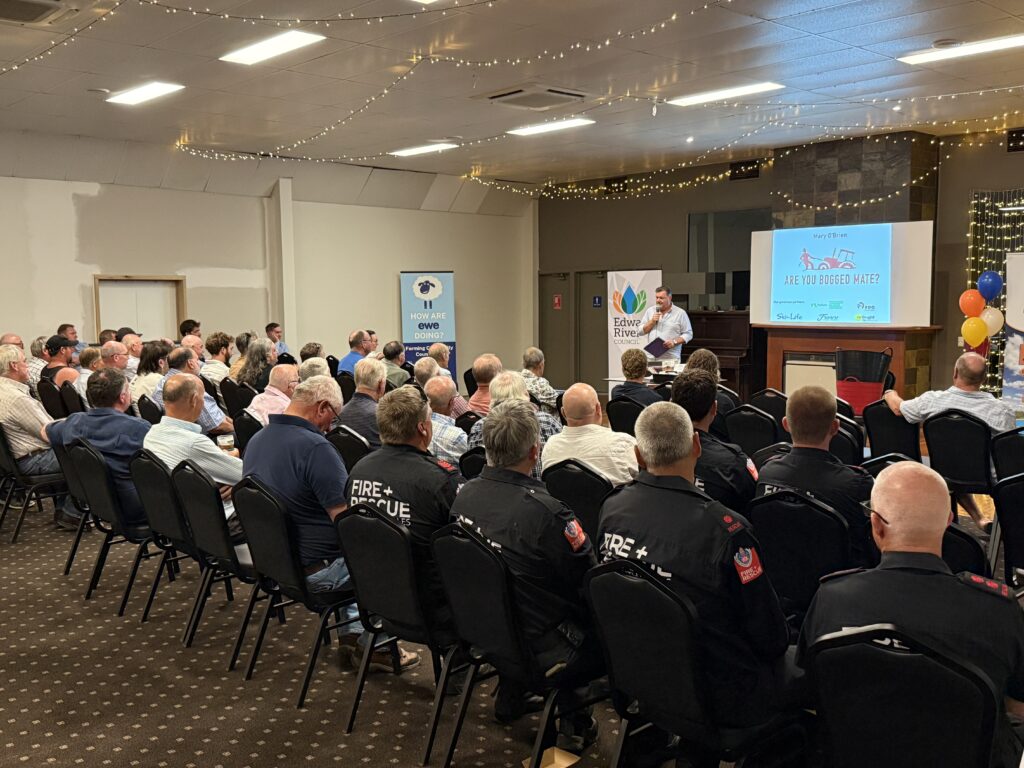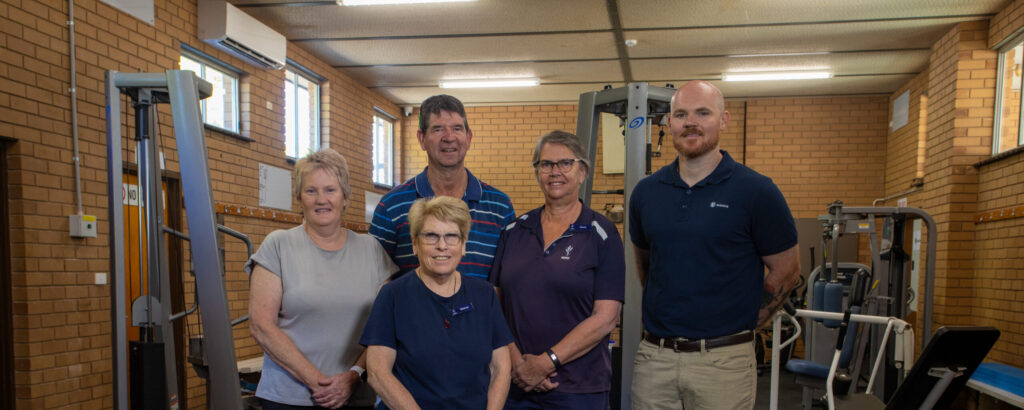The Australian Government has awarded GrainCorp $500,000 in funding for a project that tests the stability of a methane-reducing seaweed additive in livestock feed.
GrainCorp is one of six successful applicants that received a grant through the Methane Emissions Reduction in Livestock (MERiL) program, a major initiative by the Government to support the agriculture sector to trial low emissions livestock feed technologies.
In Australia, ruminant animals (beef, sheep and dairy cattle) contribute to up to 15 per cent of greenhouse gas emissions each year – and the methane they produce is 28 times more potent than the carbon dioxide from your car.
The grant will assist the acceleration of GrainCorp’s work to develop the super seaweed Asparagopsis, which is proven to reduce livestock emissions.
GrainCorp Oils Business Development Project Lead Greg Aylward says the grant confirms GrainCorp’s strength in animal feed, formulations, innovation and quality assurance.
“The success of the grant application validates our belief that GrainCorp is leading the science in developing methane-reducing animal feeds.
“New opportunities are evolving both in reducing emissions and increasing ruminant productivity and it’s exciting for GrainCorp to be at the forefront of this.”
Greg Aylward
The MERiL program supports the development of a viable Asparagopsis industry as well as FutureFeed – a partnership between GrainCorp, the CSIRO and other investors, to take an innovative Asparagopsis-based feed product to market worldwide.
GrainCorp is leading the project with support from Agriculture Victoria, with trials to be carried out at the Agriculture Victoria Research Ellinbank SmartFarm.

“The collaborative nature of the grant is key and we’re partnering with Agriculture Victoria and leading researchers to validate our innovative solutions,” says Greg.
“Currently, we’re doing world-leading work in the development and testing of Asparagopsis in methane reducing feed additives.
“While we’ll continue to focus on developing formulations, Agriculture Victoria will utilise their infrastructure to validate the performance of the additives.”
He adds: “Asparagopsis is well on its way to becoming a multi-million dollar industry, so grants like MERiL will really help develop high quality feeds that deliver the promised efficacy and, importantly, contribute to a more sustainable future.”



